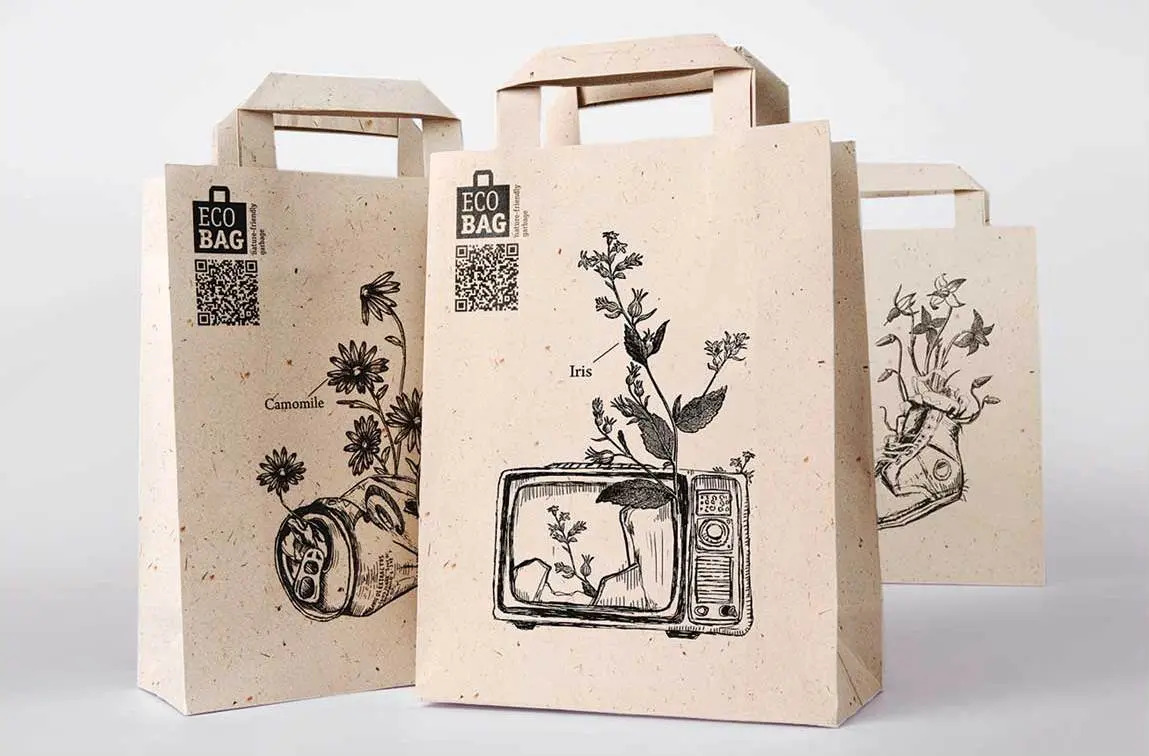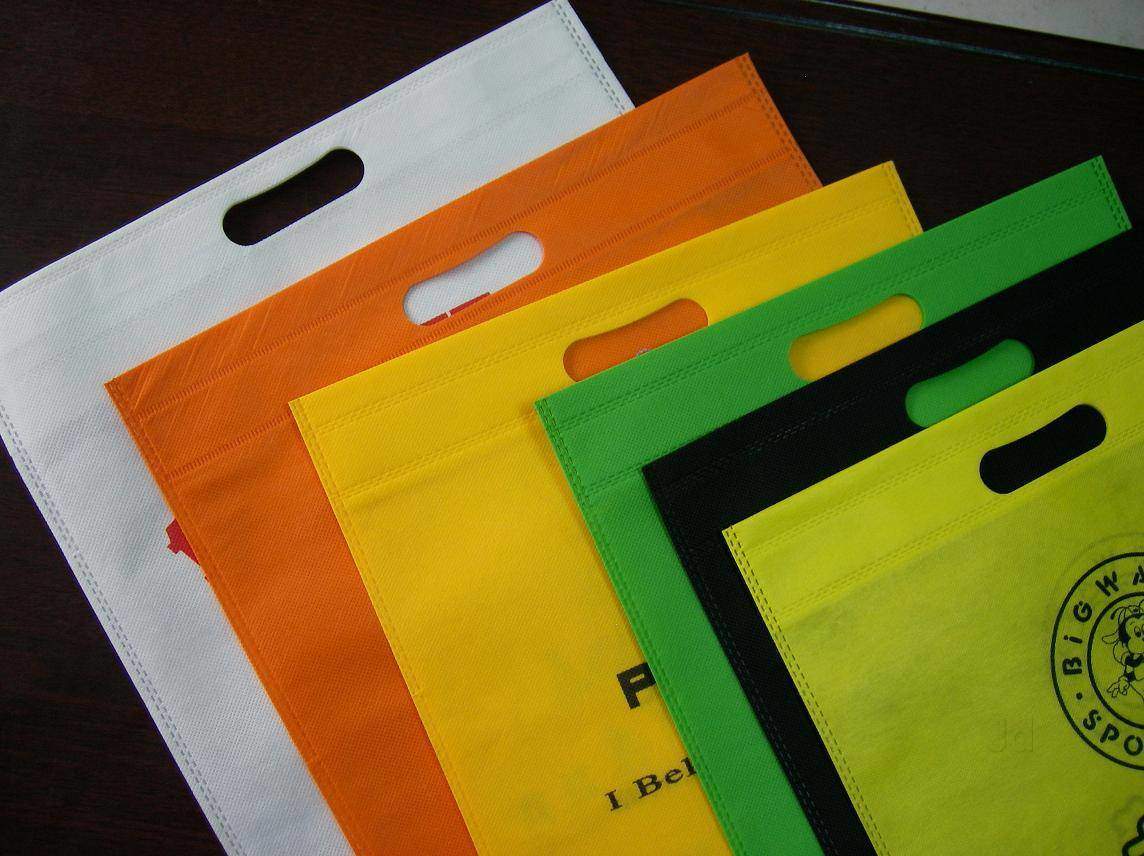Paper bags are often touted as a more environmentally friendly alternative to disposable plastic bags. They are made from renewable resources, can be recycled or composted, and generally break down more quickly in the environment. However, the true environmental impact of paper bags is not as black and white as it may seem.

On one hand, paper bags are indeed made from a renewable resource - trees. The production of paper bags requires the harvesting of trees, but sustainable forestry practices can ensure that new trees are planted to replace those used. Additionally, paper bags can be recycled, reducing the demand for virgin materials and minimizing waste. Some paper bags are even made from recycled paper, further decreasing their environmental impact. When disposed of properly, paper bags will eventually decompose, unlike plastic bags which can take hundreds of years to break down.
On the other hand, the production of paper bags requires a significant amount of water, energy, and chemicals. The process of converting trees into pulp and then into paper consumes considerable amounts of resources and contributes to pollution. Additionally, the transportation of paper bags from manufacturing facilities to retailers can result in greenhouse gas emissions and contribute to air pollution.

Furthermore, the recycling of paper bags is not always straightforward. Contaminants such as food residue or other materials can render them unrecyclable. This can happen easily if paper bags are used to carry wet or greasy items. In such cases, these bags may end up in landfills instead of being recycled or composted, contributing to waste accumulation.
In comparison, disposable plastic bags have their own set of environmental concerns. They are made from non-renewable fossil fuels and do not biodegrade easily. However, advancements in technology have led to the development of more eco-friendly plastics, such as biodegradable and compostable options. These alternatives can break down more quickly under specific conditions, reducing their environmental impact.
According to data on the CO2 Everything site, a paper bag with a carbon footprint is about 5.52kg, which is equivalent to the emissions that a car generates over a 28km journey while a single-use plastic bag will only have a carbon footprint of 1.58kg. On average, each person uses 3-5 plastic bags a day, releasing 5-10kg into the environment. Therefore, paper bags, if reused properly and effectively, will significantly reduce CO2 emissions into the environment.

Ultimately, determining whether paper bags are more environmentally friendly than disposable plastic bags depends on various factors. It is essential to consider the entire lifecycle of the product, from production to disposal. Additionally, reusing bags, opting for reusable cloth bags, or reducing overall bag usage are even more sustainable options.
In conclusion, while paper bags have advantages over disposable plastic bags, they still possess environmental drawbacks. It is crucial to make conscious decisions based on a comprehensive understanding of each option's pros and cons. By choosing eco-friendly alternatives, reusing bags, and reducing consumption, we can make a positive impact on the environment and move towards a more sustainable future.













